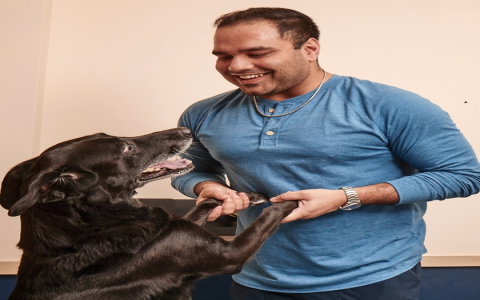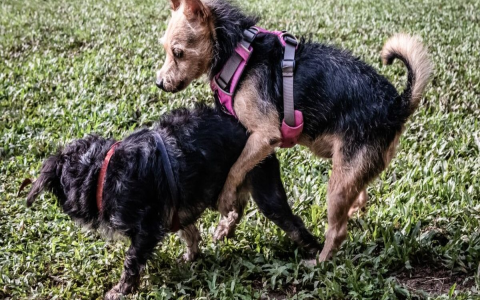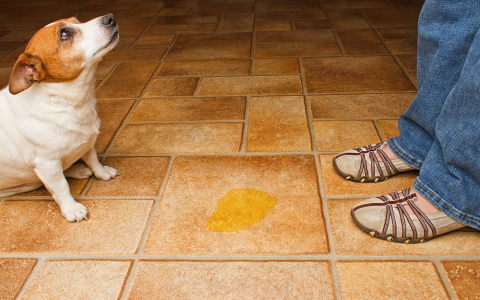Why does my dog refuse to walk anymore? It might be a hidden health issue to check.
Okay, so I wanted to share something that was really bugging me for a while with my dog, Cooper. Out of nowhere, he just started refusing to walk. Like, full-on brakes, wouldn't budge. It was super frustrating because walks used to be his favorite thing.
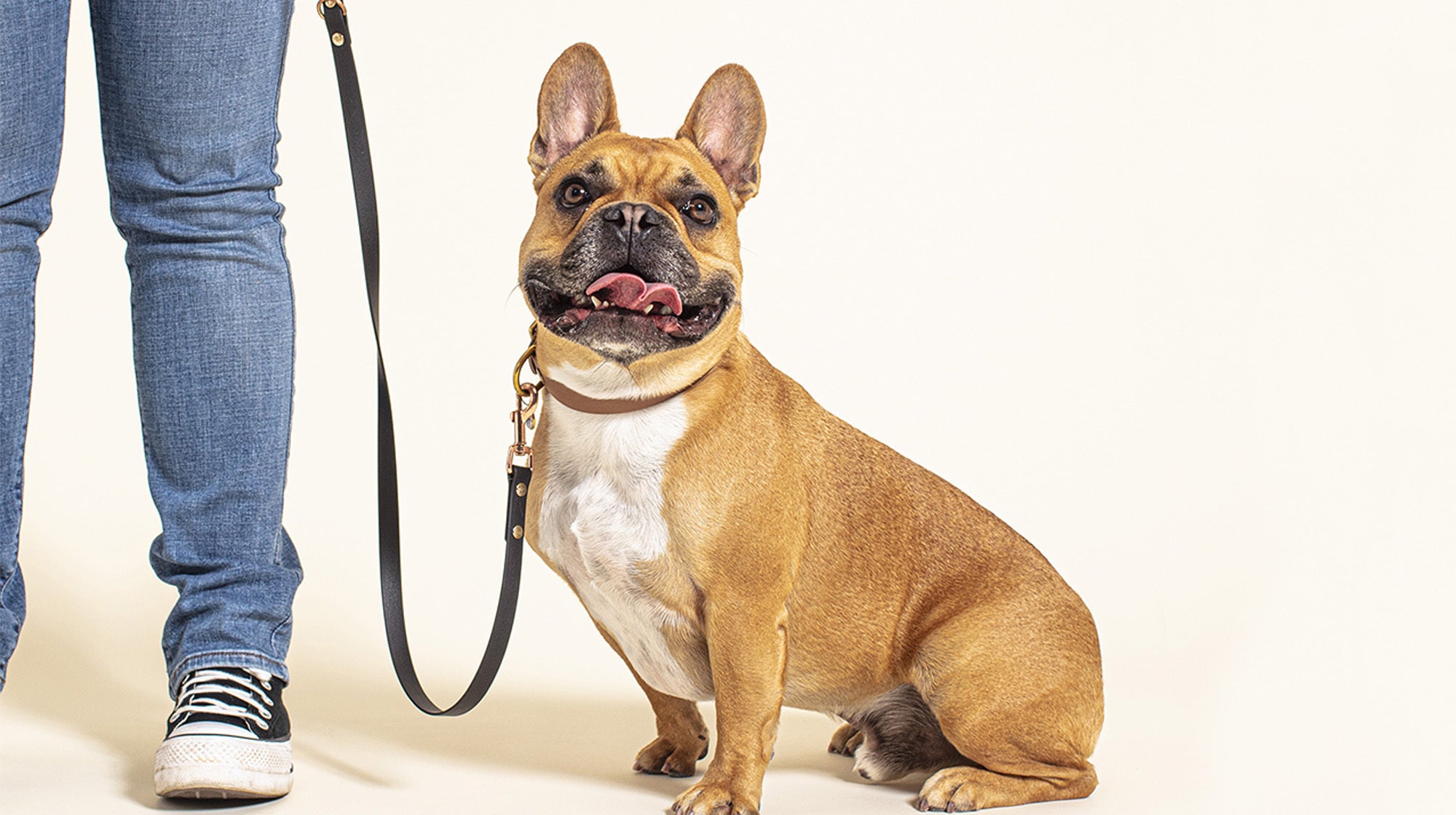
My First Attempts to Fix It
First things first, I did the obvious stuff. I meticulously checked his paws – looked for cuts, thorns, anything stuck between his pads. Found nothing. Then I thought maybe his harness was bothering him, even though he'd worn it loads of times. So, I tried his old collar. Still no dice. He'd walk a few steps out the door and then just plant himself, looking miserable.
I tried changing our route, thinking maybe he was bored of the same old sniff spots. Went left instead of right, tried the park path instead of the sidewalk. Didn't make a difference. He'd still put on the brakes pretty quickly. I even considered the weather – was it too hot? Too cold? But it happened on perfectly nice days too. I was scratching my head, getting really confused.
Digging a Little Deeper
I started watching him really closely. Was he limping? Didn't seem like it. Eating okay? Yep, appetite was fine. Playful in the house? Totally normal. It was only the walks. I wracked my brain trying to remember if anything scary had happened recently. Had a big dog rushed him? Was there a super loud noise?
Then I started noticing a pattern. It wasn't every single walk. It seemed worse in the afternoons. And he seemed particularly reluctant to go down one specific street. There wasn't anything obviously scary there to me, but something was clearly bothering him about it.
Figuring Out the Real Problem (Maybe?)
After a few more days of this stop-start walking, I had a thought. We live near a school, and sometimes the crossing guard uses a really loud whistle. Could that be it? He seemed more hesitant around the time school let out.
But there was maybe something else too. He's getting a bit older now, he's about 8. While he wasn't obviously limping, maybe longer walks were starting to feel like too much? Especially if he was already a bit anxious about potential noises.
So, my theory became a combo thing:
- Possible noise anxiety: Maybe startled by loud sounds on previous walks (whistle, car backfiring?) near that specific area.
- Possible slight discomfort: Maybe just starting to feel his age a bit, making him less enthusiastic about longer treks, especially if stressed.
What I Did That Actually Helped
Okay, so I decided to tackle both possibilities. It wasn't a quick fix, let me tell you.
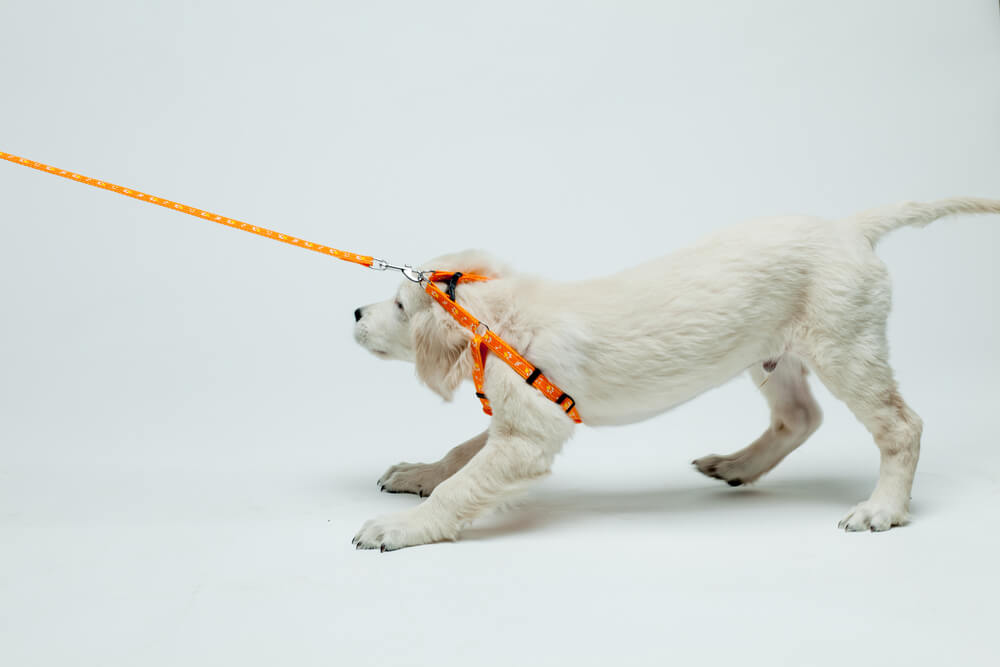
For the anxiety part:
- I stopped trying to force him down the 'scary' street for a while. We took completely different routes.
- I started carrying super high-value treats on walks – bits of chicken or cheese, stuff he really loves.
- Any time we were out and heard a slightly loud noise (even distant traffic), if he stayed calm, I'd praise him like crazy and give him a treat. Trying to build positive associations.
- We slowly, very slowly, started walking near the edge of the 'scary' zone again, but kept it short and positive, turning back before he got stressed. Lots of treats.
For the potential discomfort part:
- I decided to shorten our walks overall, especially the afternoon one. Instead of one long walk, we did two or three shorter ones.
- I paid more attention to his pace. If he wanted to sniff something for five minutes, I let him. Made the walk more about him and less about distance.
- I did take him to the vet just to be sure. The vet checked him over, said he seemed okay but maybe had the very beginnings of mild stiffness, common for his age. No major arthritis yet, thankfully, but it was good to know. She suggested keeping walks regular but maybe not overly strenuous.
Where We Are Now
It took time and a lot of patience. Seriously, weeks. There were still days he'd hesitate. But gradually, he got better. The super high-value treats really helped change his focus when he started to look worried. Keeping the walks shorter but maybe more frequent seemed to suit him too.
Now, he's mostly back to enjoying his walks. He still sometimes perks his ears up at loud noises, but he doesn't usually plant his feet anymore. He seems happier on the shorter, sniff-focused walks too. It was a good reminder for me to really pay attention to what he might be trying to tell me, even if he can't use words.




